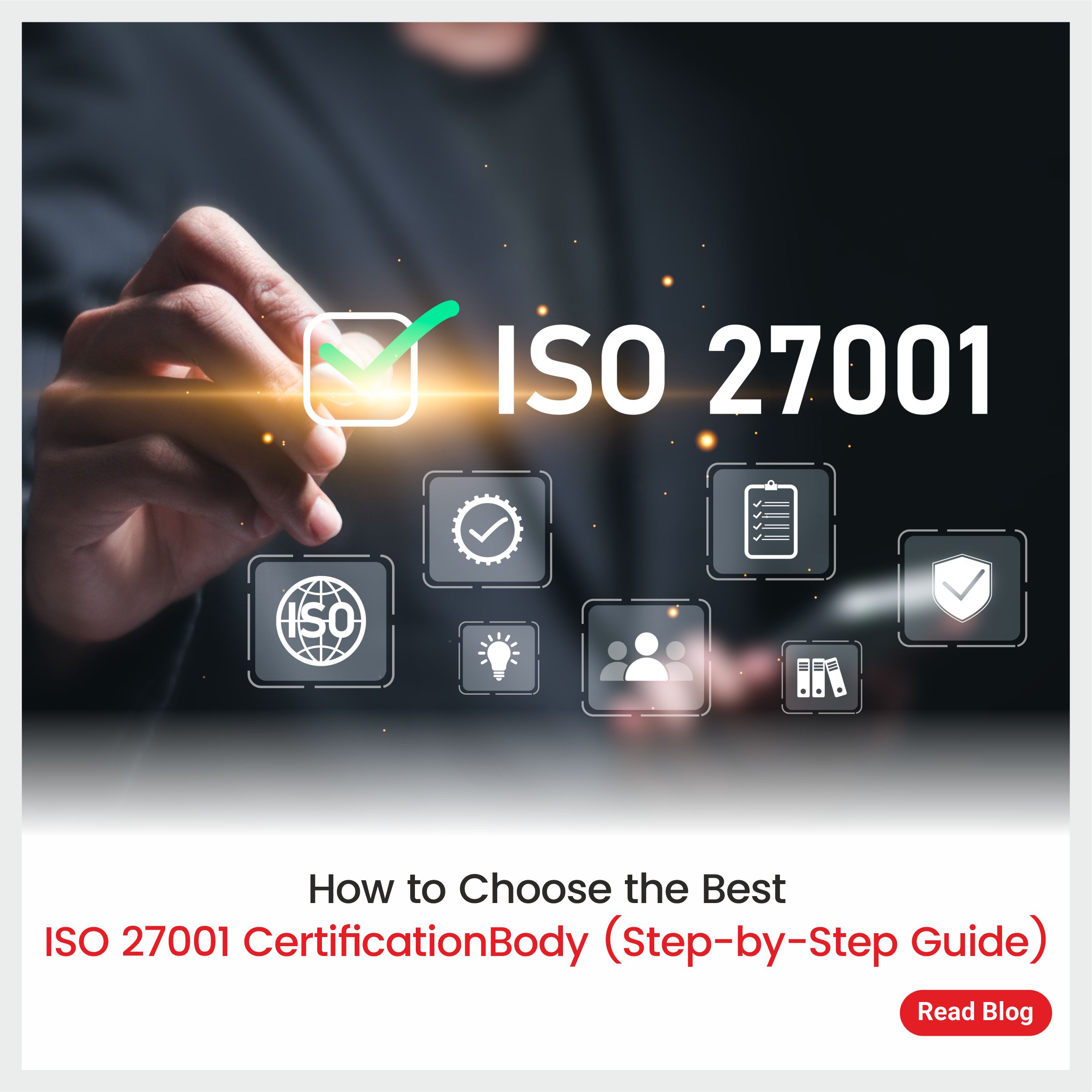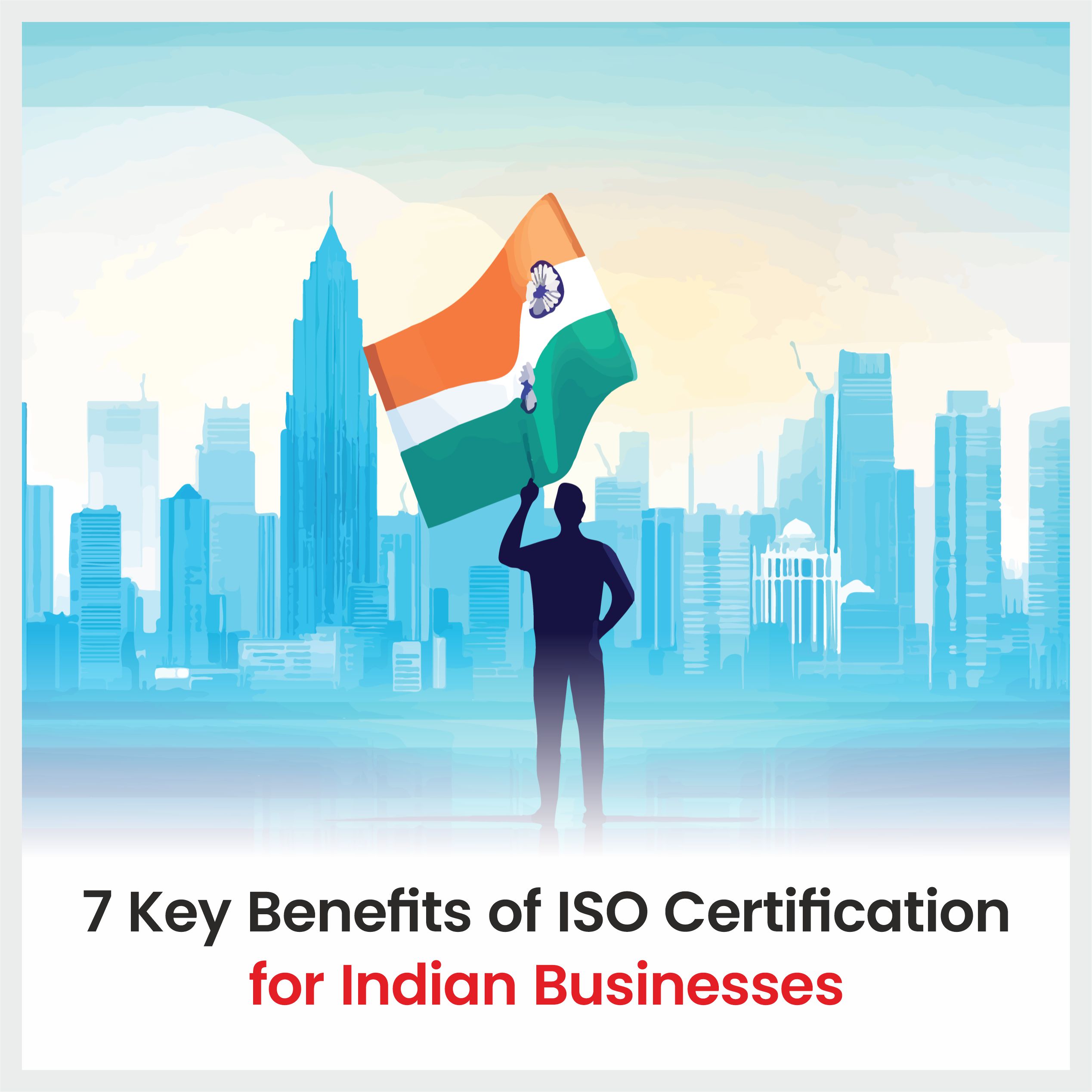GET ISO Certification for
Information Technology Industry
💡 Get Certified. Get Recognized. Grow Globally!
Boost your organization’s credibility, trust, and performance with internationally recognized ISO Certifications and Professional Trainings.
📜 ISO Certifications:
ISO 9001, ISO 14001, ISO 45001, ISO 22000, ISO 27001, ISO 27701, etc.
🎓 Training:
Lead Auditor Training, Lead Implementor Training, Internal Auditor Training, etc.
🔐 Infosec:
VAPT, GDPR, CMMI, SOC 1, SOC 2, HIPAA, HITRUST, PCI DSS, Cyber Security Audit, etc.
✨ Your Partner for a Sustainable Tomorrow ✨
Note:: The certification process begins with submitting a form and technical details, which are used to determine audit man-days. Our experts evaluate the information and share the cost and timelines with the client. We value your time and ensure quick responses, clear communication, and timely delivery of services.
With the digitization and computerization of almost every activity, the Information Technology industry has become gigantic in recent times.
It goes without saying that the IT organizations should commit to delivering efficient services that ensure customer satisfaction in order to gain a competitive advantage in the market. For this reason, implementing a management system as per the international standard can be hugely beneficial.
The International Organization for Standardization (ISO) publishes a set of ISO Certification for IT Industry that ensures the quality and efficiency of a business. Registering to such international standards helps IT organizations establish their credibility in the market.
Benefits of ISO Certification for IT industry
- Gives a competitive edge to the organizations
- Helps them in delivering quality product and services that meets customer’s requirements
- Helps in streamlining complicated processes
- Helps in meeting the changing market demands through continual improvement.
ISO standards that are applicable for IT industry
ISO 9001 Standard
ISO 9001 helps in the implementation of a quality management system in an organization. This standard can be applied to any organization irrespective of the sector that they belong to. For IT industries, it helps in ensuring the quality of services.
ISO 14001 Standard
Every industry, including the IT sector, is required to demonstrate their commitment for a sustainable environment. For that purpose, ISO 14001 certification can act as a proof of your commitment towards the environment as well as compliance towards related regulations.
ISO 45001 Standard
Occupational health and safety of the employees at workplace has a direct relation with productivity. With ISO 45001 certification an IT company can demonstrate its commitment for providing a safe work environment for its staff.
ISO 27001 Standard
ISMS ISO 27001 standard helps in the implementation of Information security management systems that ensures the safety and privacy of data stored within the organizations. The IT sector deals with a huge amount of online data that needs to be protected against any breach or loss.
ISO 22301 Standard
This standard helps in the implementation of Business Continuity Management System in an organization and helps them in identifying and eliminating any risk that can affect the continuity of business.
ISO 27701 Standard
This standard is a data privacy extension of ISO 27001 certification and helps the organizations with their GDPR compliance. It is also called PIMS (Privacy Information Management System) and it sets a framework for Personally Identifiable Information (PII) controllers and processors for data management.
ISO Certification process for IT Industry
- Application & contract
- Audit team Assignment
- Document view
- Certification Audit Independent review
- Notification of Certification
- Surveillance audit
- Re-Assessment
The certification process goes further. click here to view the next steps to the ISO certification Process
ISO certifications have huge significance across a varied range of industries. They not only help to improve the processes within the organization but also ensure a smooth flow of services throughout the supply chain.
IT industries can also apply for Capability Maturity Model Integration CMMI Level 3 and Capability Maturity Model Integration CMMI Level 5 certification to demonstrate their commitment to protecting information security assets.
Obtaining System and Organisations Controls SOC 2 Type 2 and System and Organisations Controls SOC 2 Type 3 help organizations to safely manage customers’ and clients’ data. It is a must for organizations that store data in the cloud or companies offering outsourcing services to third-party vendors, including SaaS and cloud computing.
General Data Protection Regulation (GDPR) is a globally recognized standard to safeguard clients’ and customers’ private and sensitive information. IT industries can go for GDPR to exhibit compliance with international and national best practices to protect valuable data and information assets.
The IT industry should undergo Vulnerability Assessment and Penetration Testing (VAPT). It is a report on cyber security and information security controls implemented by the organization. Moreover, it proactively identifies and mitigates security weaknesses to safeguard sensitive data by ensuring a robust cybersecurity structure to prevent potential breaches and reputational damage.
ISO certifications have huge significance across a varied range of industries. They not only help to improve the processes within the organization but also ensure a smooth flow of services throughout the supply chain.
FAQs
The most commonly required ISO Certification healthcare industry that are applicable for all kinds of healthcare sector are as listed below:
- ISO 9001 Standard: Quality Management System.
- ISO 14001 Standard: Environmental Management System.
- ISO 45001 Standard: Occupational Health and Safety Management System.
- ISO 50001 Standard: Energy Management System.
- ISO 27001 Standard: Information Security Management System
- GDPR Standard: General Data Protection Regulation
- ISO 13485 Standard: Quality Management Systems for Medical Devices
- ISO 27701 Standard: Privacy Information Management System
- SOC Standard: System and Organisation Controls
The most commonly required ISO Certification healthcare industry that are applicable for all kinds of healthcare sector are as listed below:
- ISO 9001 Standard: Quality Management System.
- ISO 14001 Standard: Environmental Management System.
- ISO 45001 Standard: Occupational Health and Safety Management System.
- ISO 50001 Standard: Energy Management System.
- ISO 27001 Standard: Information Security Management System
- GDPR Standard: General Data Protection Regulation
- ISO 13485 Standard: Quality Management Systems for Medical Devices
- ISO 27701 Standard: Privacy Information Management System
- SOC Standard: System and Organisation Controls
Achieving ISO Certification is no big deal in today’s upgraded systems. The basic steps to become ISO Certificate for healthcare industries are as follows:
- Firstly, you need to prepare all the relevant information about your company in a systematized way (It is always best and safe to hire a legal consultant.)
- Secondly, you need to document all the relevant information about your business.
- Thirdly, you have to implement all the documented information in your organization.
- Fourthly, get ready for the internal audits which are performed first during the certification process and then periodically after.
- Lastly, if the certifying body approves your management system then you will be awarded the required ISO standard.
An ISO Certificate is valid for 3 years. And during this time period of 3 years, a surveillance audit is conducted on an annual basis to ensure that ISO quality standards are being maintained by the organization.
- Firstly, select the type of ISO certification you want for your healthcare industries.
- Secondly, selecting a recognized and credible ISO certification body (ISO Registrar)
- Thirdly, make an application in the prescribed form which should include liability issues, confidentiality, and access rights.
- Fourthly, the ISO certification body will review all the documents related to various policies and procedures being followed in the organization. If there are any existing gaps, the applicant has to prepare an action plan to eliminate these gaps.
- Then, the ISO registrar will conduct a physical onsite inspection to audit the changes made in the organization.
- As soon as the certifying body approves your management system, you will be awarded the required ISO standard.
Basically, when you approach a certifying body for ISO Certification and they approve your management systems and all your processes, they will then quote an amount for the certificate. Moreover, the cost for achieving ISO certification depends mostly on your organization, such as the no. of employees in your organization, No. of branches your organization has, and many more.
Missing Something?
We’re here to help you find exactly what you need—just let us know, and we’ll guide you in the right direction.
LATEST NEWS & BLOGS

India’s Digital Payments Story Runs on One Invisible Layer: PCI-DSS
India at the Center of the Digital Payments Boom With a boom in the digital economy, India finds itself at

How to Choose the Best ISO 27001 Certification Body (Step-by-Step Guide)
Data breaches can happen at any time, and regulators or clients can also act without warning. ISO/IEC 27001 certification is

7 Benefits of ISO Certification in India for Business Growth
Businesses claim to deliver QUALITY in today’s cut-throat market; however, there is no source to verify the claims. What if
